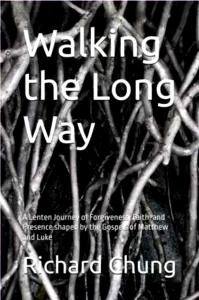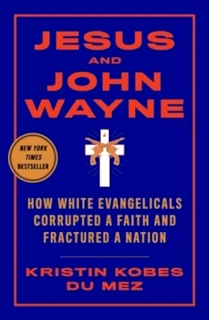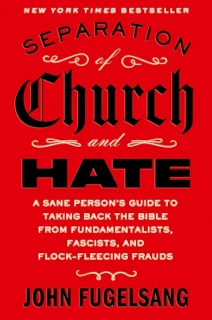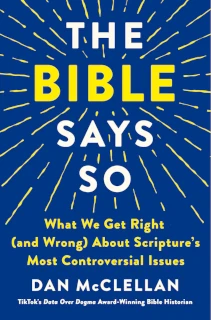Knox Now…
Real Time
Life rarely changes through clear answers or dramatic breakthroughs.
This series explores what happens in real time, through interruption, awkward encounters, hard questions, moments of belonging and exclusion, grief, and unexpected connection that slowly reshape who we are.
Too Good to Be True
Not all temptation looks evil—some comes dressed as convenience, relevance, and quick fixes, asking us to trade trust for control without noticing what we’re giving up.
Walking the Long Way
Lenten Book Study Feb-Mar 2026
Daily Meditation
By Rev Dr Richard Chung
Read by Members of the Knox Congregation
PRINT Daily Meditations for
March 1 to March 7, 2026
Easily catch up on, review, or share
past Daily Meditations any time.
Weekly News & Notes

Live in person at Knox or View HERE March 8 th
Next Worship
She Left The Jar
on March 8, 2025
at 10 am
Reading: John 4:5-42
with Rev. Dr. Richard Chung
The Wilderness & the Way: Matthew & Luke on the Lenten Journey
The season of Lent, often seen as forty days of reflection, fasting, and penance, finds its scriptural heartbeat in Jesus’s temptation in the wilderness. While both Matthew and Luke recount this pivotal event, they do it through distinct theological lenses. Matthew offers an “internal” perspective, framing Lent as the fulfillment of Jesus as the Messiah through examples of humanity, compassion and universal salvation. Luke alternately provides an “external” perspective, presenting Lent as a universal movement toward social justice and the inclusion of the marginalized.
Matthew: The Internal Discipline of the Heart
Writing for a Jewish-Christian reader, Matthew roots Lent in internalized righteousness. In Matthew 4:1-11, Jesus’s temptation parallels Israel’s forty years in the desert. Where Israel faltered, Jesus succeeds. Matthew focuses on the internal struggle to remain faithful to the Old Testament Law’s spirit.
In the Sermon on the Mount, Matthew emphasizes that spiritual practices must be private. Regarding fasting, Jesus instructs: “But when you fast, put oil on your head and wash your face, so that it will not be obvious to others” (Matthew 6:17-18). For Matthew, Lent is an internal audit of the soul. A secret alignment of the heart with God rather than a public performance. An “internal” work of any disciple perfecting their devotion.
Luke: The External Mission of the Spirit
Luke, writing for a broader Gentile audience, shifts the focus outward. His account of the wilderness (Luke 4:1-13) concludes with Jesus returning “in the power of the Spirit” to Galilee and declaring his manifesto. Here, Lent is the preparation for a visible, external mission.
Immediately following his fast, Luke’s Jesus quotes Isaiah, sent to “proclaim good news to the poor… freedom for the prisoners and recovery of sight for the blind” (Luke 4:18). Luke’s Lenten “desert” is the training ground for a life of radical hospitality and social inversion, including for the periphery of society.
A Comparative Focus
Main Focus
Matthew
Purity of intent and private devotions
Luke
Empowerment for mission and justice
Biblical Context
Fulfillment of prophecy (personal)
Inauguration of a universal Savior bridging into the Acts of the Apostles Peter (Acts 1-12) & Paul (Acts 13-28)
(church & Ministry)
Lenten Call
“Go to your room & close the door”
“Proclaim liberty to the captives”
Conclusion: The Unified Path

Ultimately, these perspectives are complementary. Matthew presents Lent as the essential pruning of the ego in the quiet of the heart, ensuring our devotion is sincere. Luke reminds us that this internal work is hollow without the fruit of external compassion. Together, they form a fuller Lenten vision where we travel inward to find God so that we are prepared to travel outward to serve our neighbor.
for more on Lent … click this link …
Good Reads … books recently enjoyed by Knox readers.
Jesus and John Wayne
by Kristin Kobes Du Mez
How White Evangelicals Corrupted a Faith and Fractured a Nation
Red Bean Buns
by Richard Chung
A Quiet Collection of Reflections on Faith, Identity, and Ordinary Life
Separation of Church and Hate
by John Fugelsang
A Sane Person’s Guide to Taking Back the Bible from Fundamentalists, Fascists, and Flock-Fleecing Frauds





